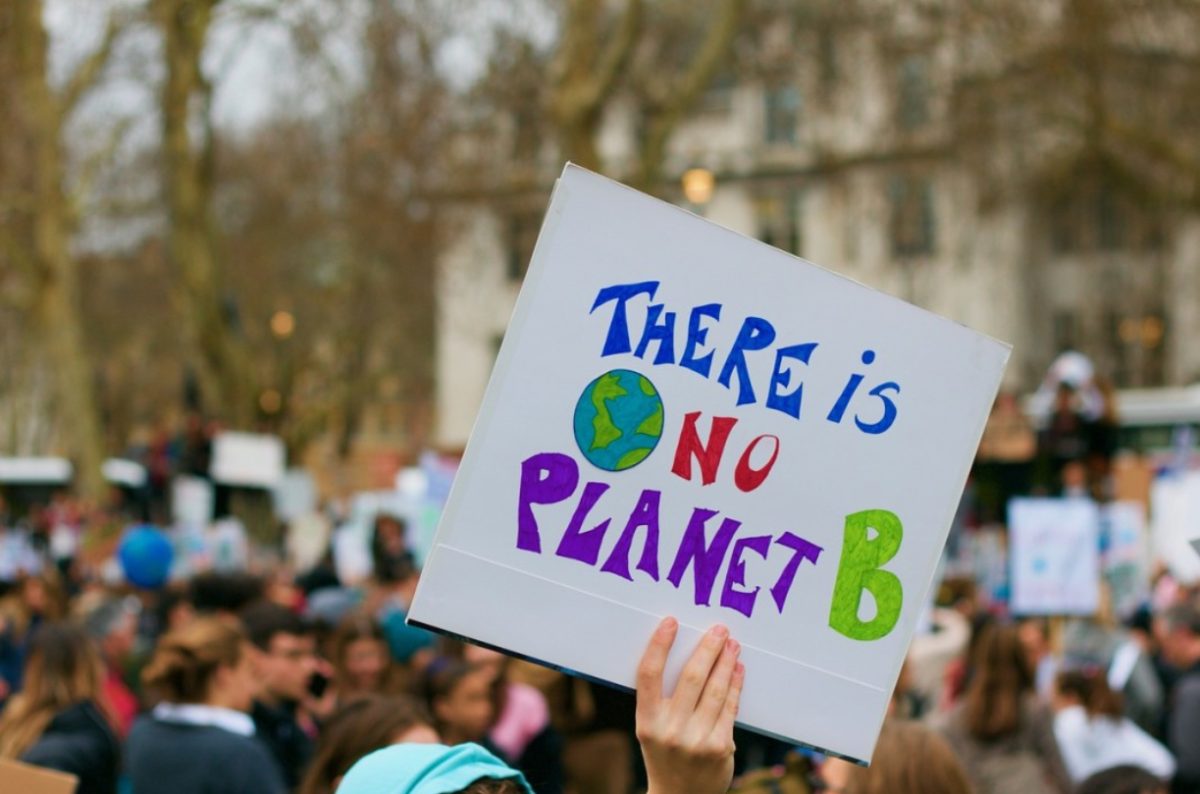There is often some current information floating around about environmental issues. However, this information is not always factual and up to date with what is actually happening to our environment. Words such as climate change, pollution and global warming are often thrown around, and the majority of people are somewhat aware of the general issues that our world is facing. However, many people rarely acknowledge the immense impact of these issues. By either not recognizing it or choosing to ignore it, they believe that it does not pertain to them. In this case, both naivety and ignorance play a role in the lack of awareness of the impacts that we have. It is crucial that the human population is educated on the severe damage that we are doing to our world. Otherwise, the downward trends that our environment is facing will continue to plummet until our planet is no longer able to recover.
Ultimately, time is running out. This cannot be emphasized enough. When you look at the data and warnings released from countless sources, it becomes apparent that time cannot be wasted on naivety and ignorance.
According to the United Nations (UN) after a meeting in March of 2019, there are only 11 years left to prevent irreversible damage from climate change. Based on this estimate, the environmental damage to our earth could be beyond repair by 2030 which is now only five years away.
“We are the last generation that can prevent irreparable damage to our planet,” said General Assembly President María Garcés of Ecuador.
Some groups are less optimistic. According to NASA, our only options now are to mitigate our current damaging behaviors and adapt to the changes that we have already created.
In this case, it is important to maintain optimism while also remaining realistic as to what challenges our world faces and will continue to face without change. The race to save Earth is far from over and the cause is not hopeless-even though it is sometimes portrayed as it is- but we must begin acting soon. Education on this issue should be a priority because it allows us to fully grasp what is happening and what can be done to overcome our challenges.
The list of environmental problems could go on and on when you dive into the specificity of each impact or issue. The UN recognizes three main categories of environmental issues: climate change, pollution and biodiversity loss. While these are only three general categories and many other groups may recognize other problems or categories, they are a good summarization. In this series on environmental issues, various topics will be covered to broaden understanding of these issues. These will include livestock and fish farming, food waste, plastic pollution, air pollution, fast fashion, ocean acidification and warming, biodiversity loss and global warming. I implore you to follow along with this series to understand the issues that affect our earth and, in turn, us.









